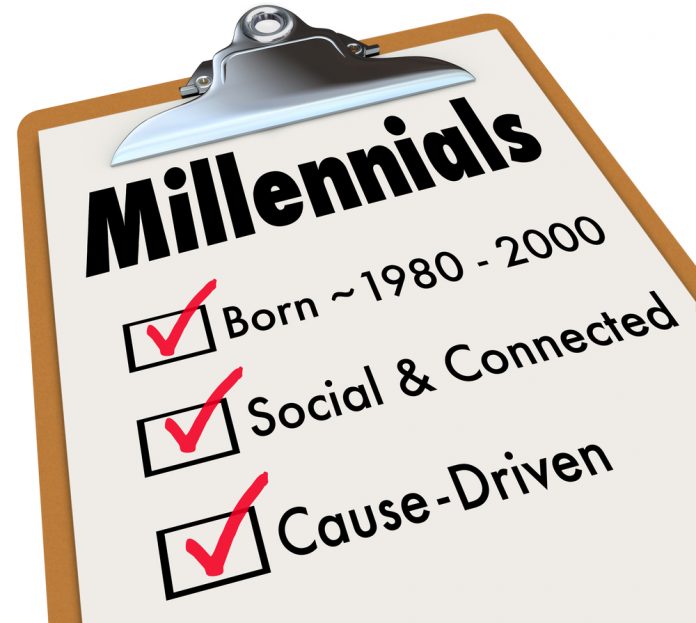Millennials are those that were born between 1980 and 2000. This group of people currently make up about a third of hotel guests worldwide, and it’s predicted they will reach over 50 per cent by 2020, according to eHotelier. With this in mind, hotels and the wider hospitality industry should be looking to this group of people to understand the trends they need to prepare for.
This demographic is the most connected that any segment has ever been, craving digital technology, contemporary design, high-quality amenities and locally-inspired ambience from their hotel experiences. The changes that are being forced by this generation has led to a surge in boutique hotels, as well as changes to leading hotel chains. The likes of Hilton, Starwood, Intercontinental, Marriott and Best Western Hotels have had to rethink hotel and room design, guest services and experiences, ethical footprints and smart features in order to keep up with such an influential target market.
The market has changed, and Brian McGuinness, global brand leader at Starwood’s Specialty Select Brands, said: “We see Millennial travellers more as explorers than tourists.” So, what are the key areas that hotels need to keep up with in order to continue to impress Millennials?
Smart technology
Having grown up with the internet and the wave of technological advances that followed, Millennials have high expectations when it comes to their user experiences. This extends to discovery, payments and mobile experience prior to and during their stay. This had led to innovations including the use of Apple Watches and smartphones to open rooms, mobile check-in and digital concierges. One hotel in Japan has taken things even further by introducing life-like robots that greet guests, carry bags and even clean rooms once a guest leaves. The aim of the hotel is to create an all-round high-tech experience, including facial recognition software to open doors.
On-demand services
With technology making so many services available on demand, Millennials now expect this from their hotels too. This has led to hotels developing quick access to prices, amenities or room service via their own branded apps, or messaging tools like WhatsApp. The amenities that are on offer via these services have evolved too. As well as standard requests, such as additional towels and room service, some hotels are now offering things more tailored to the Millennial generation. Hotel brand Aloft has launched Aloft TiGi (which stands for Text it. Get it.). This offers items including a hangover kit, phone chargers and even a Suprise Me package, which is made up of “fun swag and cool stuff”.
Sleek design
Millennials expect hotels to be more savvy when it comes to design than people have in the past. So, if your hotel is looking a bit dated, you could be inadvertently pushing away potential guests. However, many hotels have already established this trend and have made changes. These include evolution of lobby design, creating common social spaces and using space more efficiently in hotel rooms. Instead of a traditional lobby, many hotels have chosen to create a more social area, where guests can relax and socialise. It’s not just boutique hotels that have made these changes though. Realising how much of the market is made up of Millennials, even larger chain hotels have got in on the act. Josh White, chief strategic officer at European hostel brand Generation Hostels, said: “We’re trying to capture people who are curious and people who want to experience design and something local.”
Pricing
Despite being relatively demanding with what they do and don’t want from a hotel, Millennials are still savvy when it comes to spending. They want more for less, which can make it difficult for hotels to find the right balance. One way to combat this is to offer a range of packages, some of which don’t include additional amenities. Including WiFi is basically a must for Millennials, but other than this, items can be made optional. Instead of providing toiletries, towels and daily cleaning services as standard, these can be added extras that guests pay for. Many hotel brands have even started including cheaper options for room service and in minibars, which makes these items a much more attractive option for the savvy spender. There’s no doubt that Millennials are leading the hospitality market and defining where it must head next. While hotels don’t want to exclude the needs of other guests, by creating options that are more geared to this large segment of travellers, they can become a much more attractive option.
In addition, by keeping up with the needs and wants of this generation, hotels can stay on top of the latest trends and continue to offer services that will bring in custom.







